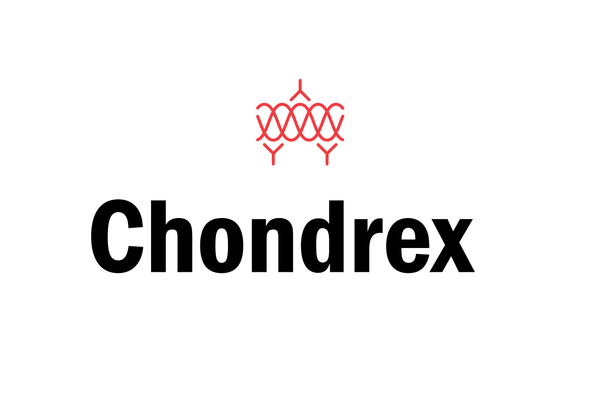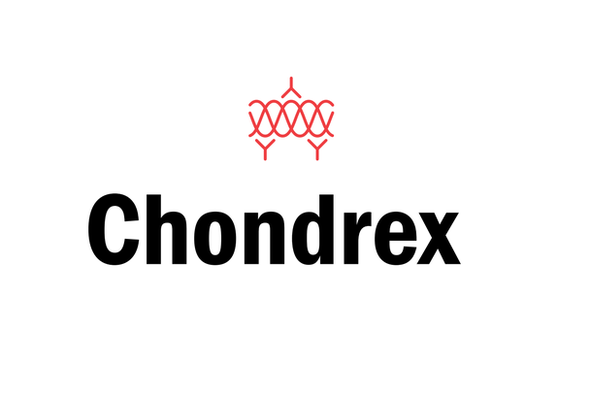Immunization Grade Bovine Type III Collagen, 1 mg, lyophilized
- SKU:
- 445-1302
- Size:
- 1 mg
- Shipping:
- Gel Packs
- Storage:
- 4C, in the dark
Description
Immunization Grade Bovine Type III Collagen, 1 mg, lyophilized - Cat Number: 1302 From Chondrex.
Research Field: Immunology, Cell Culture
Clonality: N/A
Cross-Reactivity:
Host Origin: N/A
Applications: N/A
Isotype: N/A
Detection Range: N/A
Sample Type: N/A
Concentration: N/A
Immunogen:
DESCRIPTION: Bovine type III collagen purified from pepsin-solubilized skin by repeat salt precipitation.
Type III collagen consists of three alpha 1(III) chains in a triple helix structure and is distributed
in connective tissues such as skin, liver, lung, and intestines, along with type I collagen to make
up the interstitial matrix structure. Therefore, type III collagen is considered a minor companion
collagen with type I collagen, which is the dominant collagen in the tissues (1). Type III collagen
is involved in scaffolding and scar tissue formation and its contents in normal tissues are
normally very low. However, under wound healing conditions, the ratio of type I to type III
collagen reaches 1:2, resulting in a loss of tensile strength (2). Thus, this immunization grade
type III collagen can be a useful tool to study the mechanism of wound healing and connective
tissue related diseases
APPLICATION: Use as an immunizing antigen to generate antibodies, an antigen to detect anti-type III collagen
antibodies in ELISA, or as a standard for gel analysis.
QUANTITY: 1 mg
FORM: Lyophilized powder
SOURCE: Bovine skin
MOLECULAR WEIGHT: 300 kDa (consists of three α1(III) chains formed with inter-chain disulfide bonds)
PURITY: >90% by 6% SDS-PAGE with 6M Urea under reducing conditions (3), contaminating bovine
type I collagen content less than 10%
USAGE: Type III collagen can be dissolved at 4 mg/ml in an acidic buffer such as 0.01-0.05M acetic acid,
pH 3.0-3.3 or 0.15M citrate buffer, pH 3.6, mixed at 4°C overnight. To neutralize the solution,
add a 1/10 volume of a 10X neutral buffer containing 1.5M NaCl or dialyze the solution against
a neutral buffer.
STORAGE: 4°C in the dark for lyophilized form and at -20°C for solution form. Collagen will gradually
degrade under neutral conditions.
STABILITY: 2 years in lyophilized form
NOTES: N/A
REFERENCES:
1. S. El, F. Yano, S. Mittal, C. Filipi, Collagen metabolism and recurrent hiatal Hernia: cause
and effect? Hernia 10, 511-20 (2006).
2. D. Friedman, C. Boyd, P. Norton, R. Greco, A. Boyarsky, et al., Increases in type III
collagen gene expression and protein synthesis in patients with inguinal hernias. Ann Surg
218, 754-60 (1993).
3. T. Hayashi, Y. Nagai, Separation of the alpha chains of type I and III collagens by SDSpolyacrylamide gel electrophoresis. J Biochem 86, 453-9 (1979).






